zhé
to hibernate
Phonosemantic compound. 虫 represents the meaning and 执 represents the sound. Simplified form of 蟄.
Evolution

Seal script
Shuowen (~100 AD)
Clerical script
Qin dynasty (221-206 BC)
Clerical script
Western Han dynasty (202 BC-9 AD)Traditional script
ModernSimplified script
ModernMost common words with 蛰
Freq. | Word | Meaning |
|---|---|---|
to hibernate | ||
hibernation | ||
Jingzhe or Insects Wake, 3rd of the 24 solar terms 二十四節氣|二十四节气 6th-20th March | ||
to live in seclusion | ||
dormant insect |
